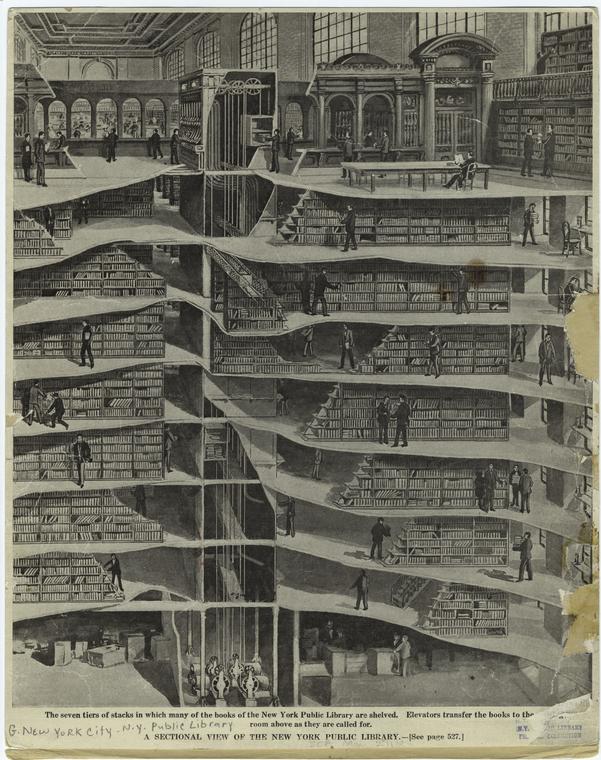Laura Braunstein is the Digital Humanities Librarian at Dartmouth College and co-edited Digital Humanities and the Library: Challenges and Opportunities for Subject Specialists (ACRL 2015).
Last June, a group of librarians, technologists, and scholars met at Middlebury College in Vermont to think about how to move forward on a proposed network, the Digital Liberal Arts Exchange, that would support digital humanities scholarship and teaching across institutional boundaries. There was much discussion, as we looked out over the Green Mountains on a perfect early summer day, of the particular stresses on library infrastructure when it came to supporting, leading, and engaging with digital projects, in contrast to how libraries support traditional humanities scholarship. At one point, someone noted that the conversation was drifting back toward the tired dichotomy of “hack” and “yack”–that is, DH as coding and making things versus DH as critique of digital culture. I suggested that we might think about a third term–“stack”: the often invisible technological, social, and physical structures within which scholarship is produced and disseminated. Since that meeting, I’ve been considering different concepts of “stack” in relationship to DH as models for these structures of labor. I’ve also found myself having more and more conversations–at work, at conferences, on social media–about how exposing DH infrastructure (in terms of how it supports both making/”hack” and thinking/”yack”) can reveal the conditions that make all kinds of scholarship possible.
I’m curious to explore what these three frames–technological, social, and physical–could offer in terms of different ways to understand and reveal DH labor in the academy.
